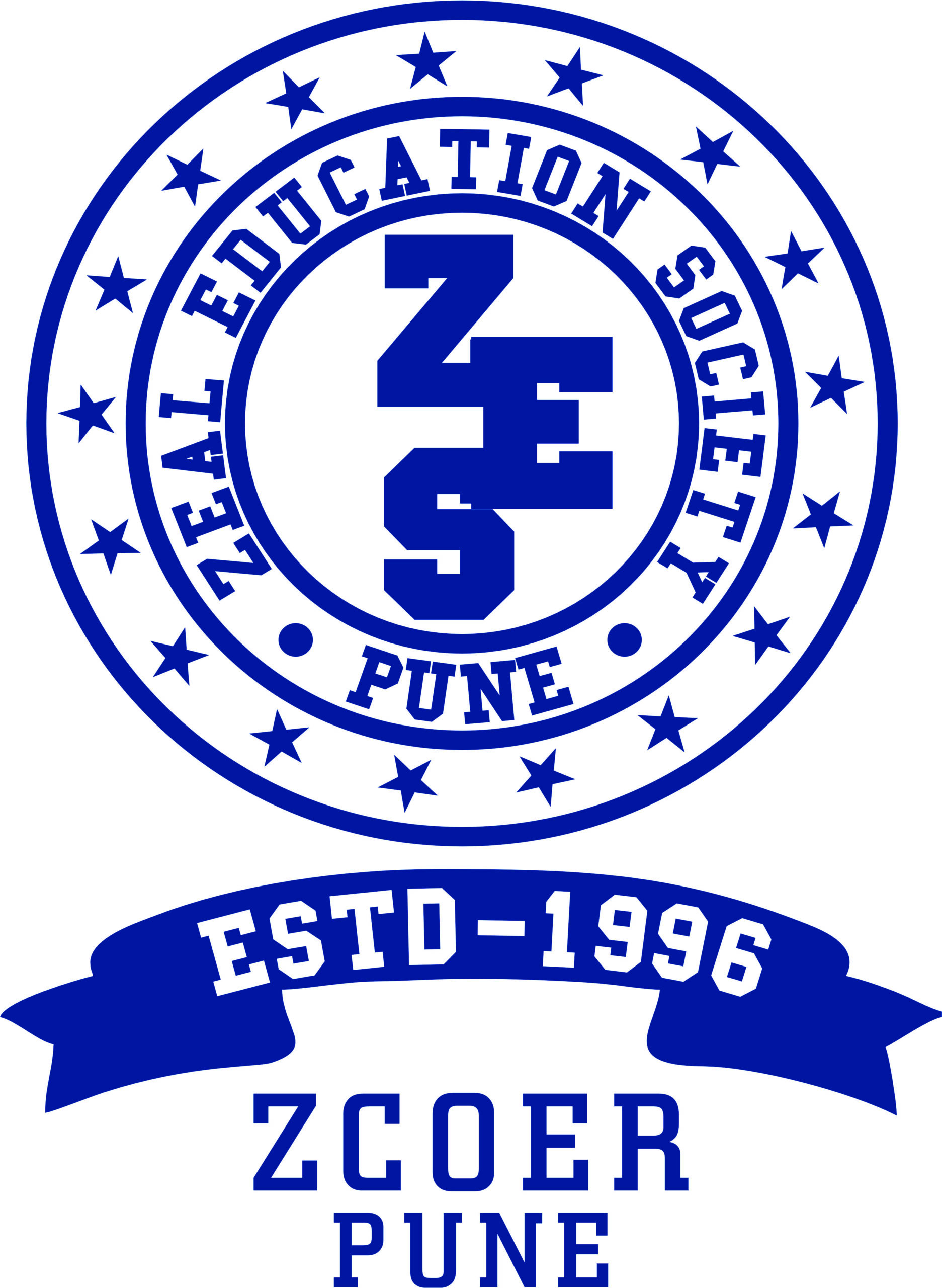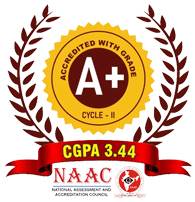Computer Engineering
- Computer Engineering
- About Department
- From HOD Desk
- Vision & Mission
- PEO & PSO, PO & CO
- Autonomy Constitution
- Faculty Profile
- Lab Facilities
- Innovations in Teaching – Learning
- Research & Publication
- Skill Development
- Faculty Achievement
- Students Achievement
- Student Association
- Placement and Internship
- Center of Excellence
- Life @ Computer
- Downloads
- Newsletters
Goal:
The goal of implementing a Virtual Lab in the Computer Engineering department at Zeal College of Engineering and Research, Pune, is to enhance the learning experience by providing a cloud-based or simulated laboratory environment. This innovation ensures that students gain hands-on experience with programming, software tools, and computing experiments without being limited by physical infrastructure constraints.
Objectives:
1. To provide students with an interactive and accessible laboratory experience.
2. To enhance learning flexibility by enabling students to perform experiments anytime, anywhere.
3. To reduce dependency on hardware resources and physical laboratory space.
4. To integrate real-world simulation tools to improve conceptual understanding.
5. To support online and remote learning methodologies.
Application:
- Programming and Software Development: Students can practice coding in multiple languages (C, C++, Java, Python, etc.).
- Database Management: Virtual lab setups for SQL-based learning and database design.
- Operating Systems Simulation: Students can experiment with Linux, Windows, and other OS concepts.
- Networking & Security: Simulations for firewall configuration, packet tracing, and ethical hacking.
- Machine Learning & Artificial Intelligence: Online AI/ML tools and cloud-based computing for research-oriented projects.
Utilization:
- Used in practical sessions for programming and database courses.
- Integrated into assignments and projects for real-time experimentation.
- Supports online and hybrid learning models by allowing remote access to virtual tools.
- Used for skill development and certification preparation through interactive learning modules.
Implementation:
1. Selection of Cloud-Based or Simulated Tools:
- Google Colab for Machine Learning & AI.
- Cisco Packet Tracer for Networking Labs.
- Virtual Box for Operating Systems Lab.
- Online IDEs (such as Code Chef, HackerRank, or VS Code Live) for Programming practice.
2. Integration with Course Curriculum:
- Practical assignments are designed to be performed using Virtual Labs.
- Faculty members provide demonstration sessions and guided tutorials.
- Online assessments and project evaluations are conducted using virtual environments.
3. Student Training & Engagement:
- Hands-on workshops on the usage of virtual tools.
- Encouraging students to complete real-world projects using Virtual Labs.
- Feedback mechanism to improve the effectiveness of the implementation.
Benefits:
- Increased Accessibility: Students can conduct experiments from home without lab restrictions.
- Improved Learning Flexibility: Learning is self-paced, and students can repeat experiments multiple times.
- Efficient Resource Utilization: Reduces dependency on physical hardware and costly software.
- Industry Relevance: Exposure to cloud-based platforms prepares students for real-world IT environments.
- Encourages Innovation: Students can explore new technologies beyond classroom limitations.
Computer Engineering, Zeal College of Engineering and Research, Pune:
- Cloud-Based Programming Labs: Students execute Python and Java programs using cloud IDEs.
- Database Lab: SQL queries are practiced on cloud-based database management systems.
- Networking Lab: Students configure routers and simulate networks using Cisco Packet Tracer.
- AI & ML Projects: Machine Learning models are trained using Google Colab and Jupyter Notebooks.
Effectiveness:
- Student Usage Statistics: Number of students regularly use virtual lab environments for assignments and practice.
- Project Outcomes: Several final-year projects have successfully integrated virtual lab-based implementations.
Feedback from Students & Faculty:
- Students found Virtual Labs useful for reinforcing theoretical concepts.
- Faculty members report higher engagement and improved coding skills among students.
Conclusion:
The Virtual Lab initiative in the Computer Engineering Department at Zeal College of Engineering and Research, Pune, has significantly enhanced the teaching-learning process. By leveraging cloud-based tools and simulations, students gain a flexible, accessible, and industry-relevant practical learning experience. The continuous improvements in Virtual Lab infrastructure and teaching methodologies will further enhance its impact, making it an essential part of modern engineering education.
| Sr. No. | Course Name | Link |
|---|---|---|
| 1 | Artificial Intelligence I | View |
| 2 | Artificial Intelligence II | View |
| 3 | Artificial Neural Networks | View |
| 4 | Computational Linguistics | View |
| 5 | Computer Organisation and Architecture Lab | View |
| 6 | Computer Organisation | View |
| 7 | Computer Programming | View |
| 8 | Creative Design, Prototyping & Experiential Lab | View |
| 9 | Cryptography | View |
| 10 | Data Structures - 1 | View |
| 11 | Data Structures - 2 | View |
| 12 | Data Structures | View |
| 13 | Image Processing | View |
| 14 | Natural Language Processing | View |
| 15 | Problem Solving Lab | View |
| 16 | Python Programming Lab | View |
| 17 | Python Lab - Advanced Topics | View |
| 18 | Soft Computing Tools in Engineering Lab | View |
| 19 | Software Engineering | View |
| 20 | Speech Signal Processing | View |
Submit your review | |
1 2 3 4 5 | |
Submit Cancel | |

